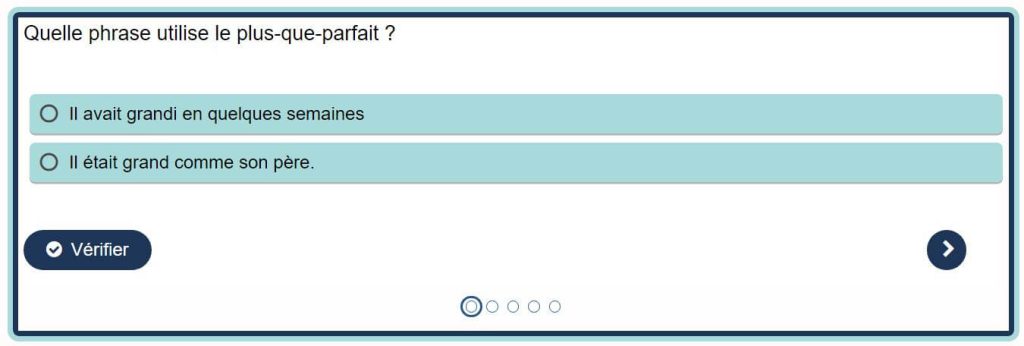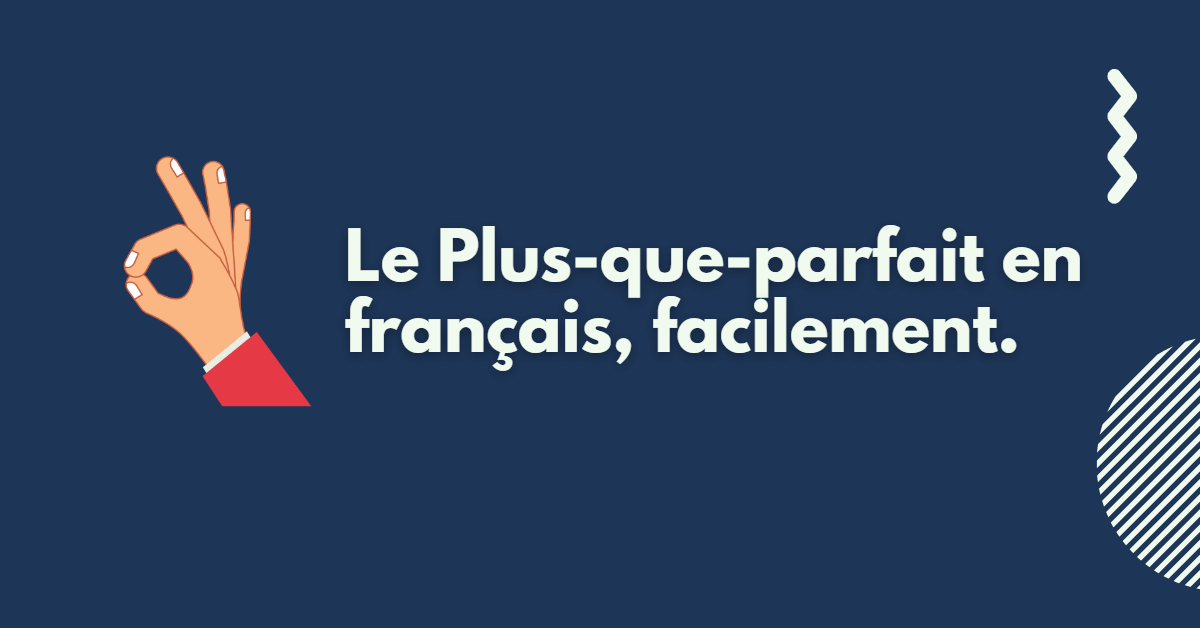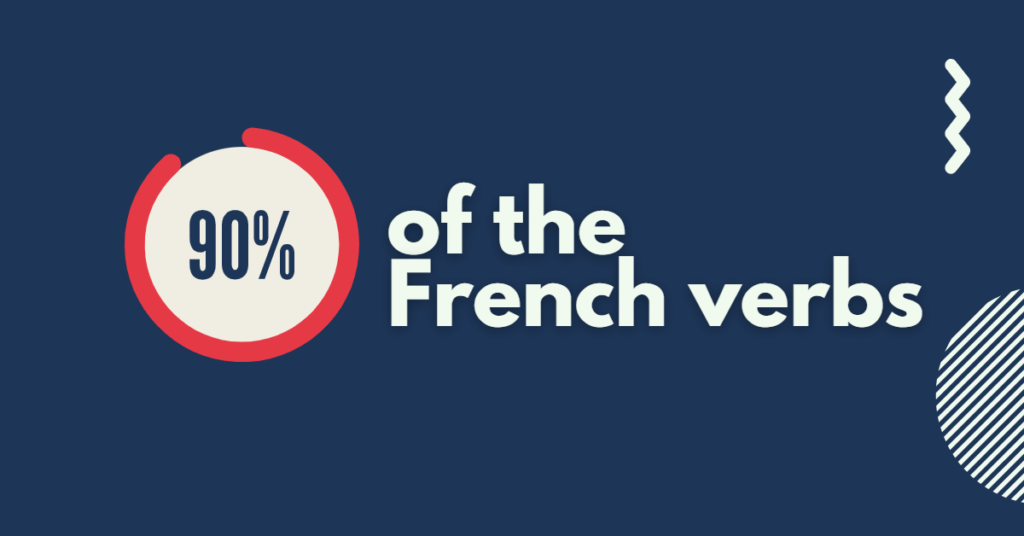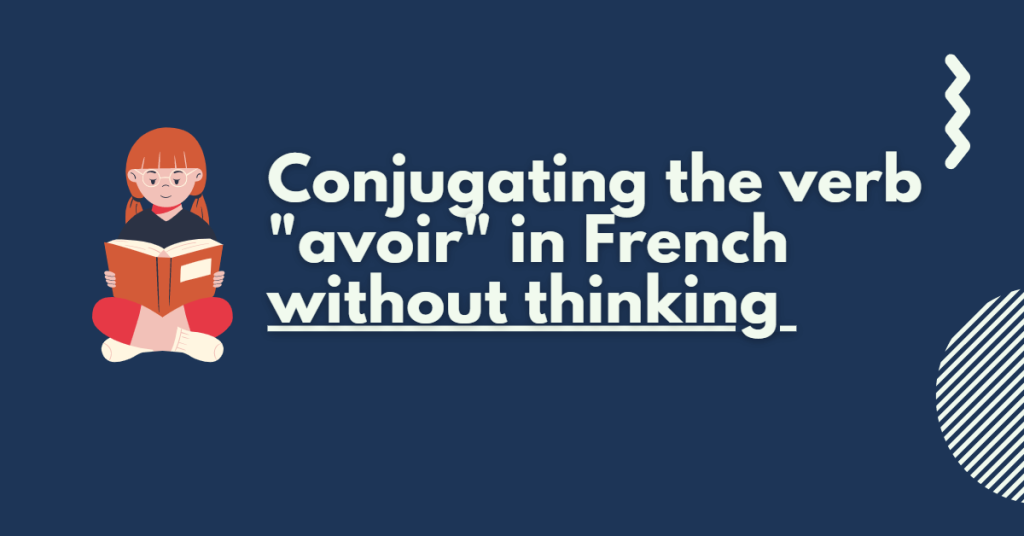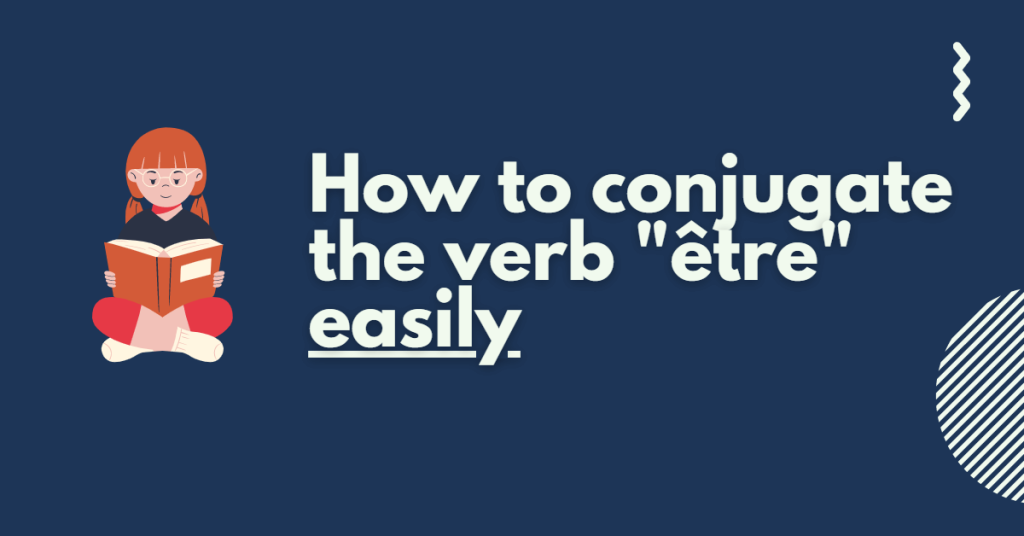I advise you to study this part only if you already have a good command of the imperfect tense and passé composé.
You will need both to use this tense. The plus-que-parfait is a compound tense. It is formed with the auxiliary verb être or avoir in the imperfect (imparfait) + past participle (participe passé) of the main verb.
Based on this information, can you already find the plus-que-parfait in this text?
Register for free to do the exercises and access +1000 exercises and videos in French.

The plus-que-parfait is used mainly in the following case:
- Para as ações que ocorrem antes de outras ações no passado (aquelas que usam o passé composé, imperfeito, ou passé simple)
- Quand je me suis réveillée, il était déjà parti travailler. When I woke up, he had already left for work. > It is clear that one action occurs after another in the past.
- Mathieu était très maigre, il avait arrêté de mangé depuis 3 semaines. Mathieu was very thin, as he had stopped eating for three weeks. > The three weeks are prior to the time when Mathieu is thin.
- For hypothetical situations that did not come true.
- Si j’avais eu une voiture, je serais allé beaucoup plus vite. If I had a car, I would have gone much faster. > In this case, the speaker has no car.
- Nous aurions pris l’ascenseur s’il n’avait pas été en panne. We would have taken the elevator, had it not been broken. > The elevator is broken or they would have taken it.
Regarde la différence entre :
1. Tu as déjà bu du champagne ?
2. Tu avais déjà bu du champagne ?
Did you get it? In case 1, the person asking the question does not know whether or not he has ever had champagne. In case 2, the questioner knows he has had champagne, but asks if he has had it before.
How is the plus-que-parfait formed?
| Pronoms | + | Auxiliaire être à l’imparfait | OU | Auxiliaire avoirà l’imparfait | + | Participe passé(ici, le verbe chanter) |
| Je (j’) | étais | avais | chanté / venu / parlé / été… | |||
| Tu | étais | avais | ||||
| Il, elle, on | était | avait | ||||
| Nous | étions | avions | ||||
| Vous | étiez | aviez | ||||
| Ils, elles, eux | étaient | avaient |
Les exemples avec les verbes tomber et finir :
| Plus-que-parfait du verbe tomber (auxiliaire être) | Plus-que-parfait du verbe finir (auxiliaire avoir) |
| J’étais tombé(e) | J’avais fini |
| Tu étais tombé(e) | Tu avais fini |
| Il, elle,on était tombé(e) | Il, elle, on avait fini |
| Nous étions tombé(e)s | Nous avions fini |
| Vous étiez tombé(e)(s) | Vous aviez fini |
| Ils, elles, eux étaient tombé(e)s | Ils, elles, eux avaient fini |
As for passé composé, you need to know which auxiliary the verb is conjugated with (you can review Lesson 2 if this is not clear).
Maintenant à toi !
Register for free to do the exercises and access +1000 exercises and videos in French.
